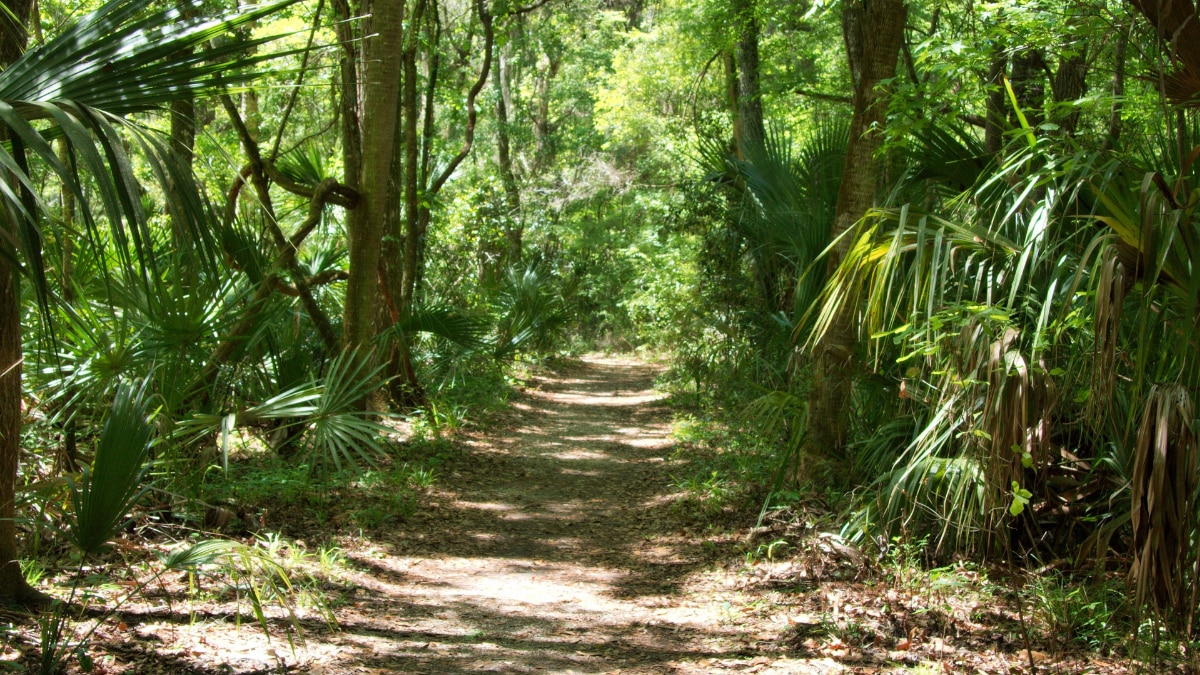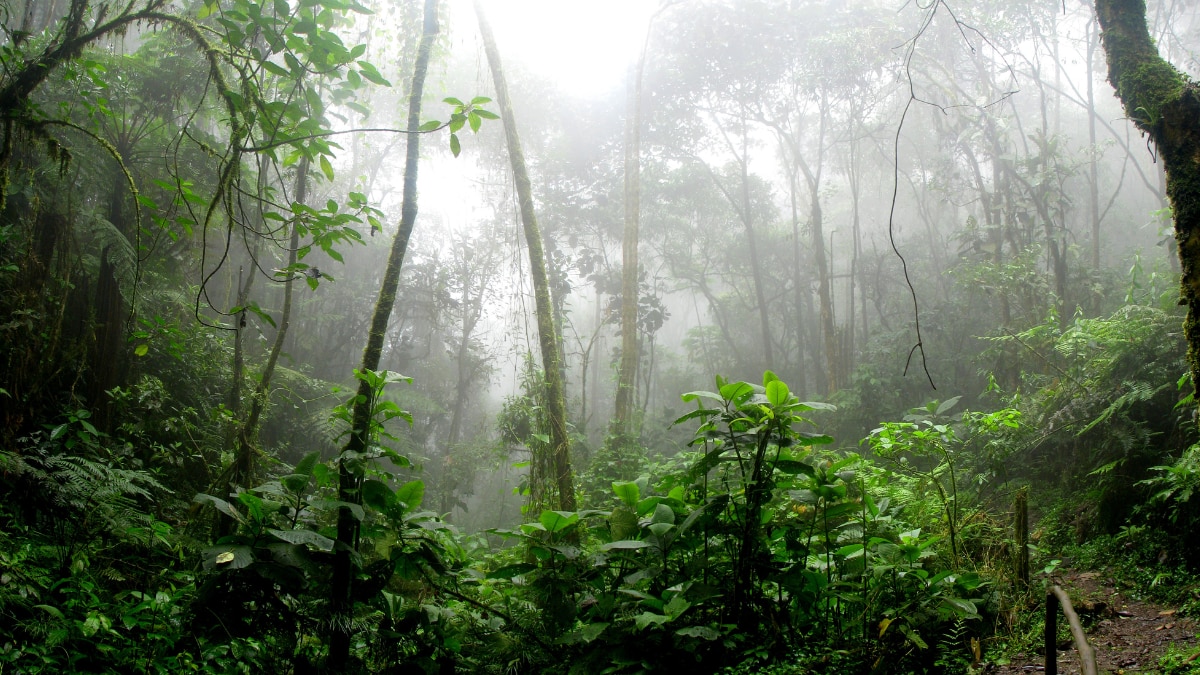Planning A Jungle Safari? Know Things To Keep In Mind, And How To Make Your Stay Sustainable
India's jungle safaris offer an unforgettable adventure, showcasing its rich wildlife diversity in iconic national parks like Jim Corbett, Bandipur, Ranthambore, and Kaziranga.

Living in natural habitats offers a wealth of opportunities. Essentially, it involves staying in accommodations deeply immersed in nature, where lodging and the environment seamlessly blend into an experience. Here, the lush greenery and the surrounding ecosystem shape the very essence of your holiday. It's an ideal choice for those seeking to reconnect with nature, unwind amidst serene landscapes, and immerse themselves fully in the natural beauty and rhythms of the environment.
Karen Mulla, Co-Founder of TealFeel said, "Escaping to live in nature offers a profound contrast to our daily urban lives filled with chaos and noise. It presents a unique privilege to immerse oneself in serene natural surroundings. Whether it's a short weekend getaway or a longer break, these opportunities provide the rejuvenation needed to reset, recharge and face the demands of our everyday world once again."
"Glamping has generated enormous interest in the last few years. While traditional temporary tents are reserved for avid adventure hikers, trekkers and mountain climbers, glamping with its semi-permanent tents is a hybrid upgrade that comes as close to living in raw nature. Glamping hotels and sites are always situated in those environments where the natural habitat is either seasonally stunning or all-year-round outdoor havens. Luxury excursions usually accompany a glamping experience- ranging from wildlife safaris, treks, astronomy knowledge sessions, outdoor cooking over campfires etc," she added.

ALSO READ: Essential Items To Health Checks: All You Need To Ensure Before Going On A Trek
7 Essential Tips For An Unforgettable Jungle Safari
India's jungle safaris offer an unforgettable adventure, showcasing its rich wildlife diversity in iconic national parks like Jim Corbett, Bandipur, Ranthambore, and Kaziranga. Imagine encountering majestic tigers, elephants, deer, and a dazzling array of bird species in their natural habitats. Whether it’s your first safari or your tenth, proper preparation is essential. Here's a list of essential tips, suggested by Sonalika Sabharwal, who is an avid traveller, to ensure your jungle safari is not only enjoyable but also safe and memorable.
1. Do your homework: Do a thorough investigation of the national park or jungle you plan to visit. Understand the climate, terrain, and wildlife. This preparation not only builds excitement but also ensures you’re fully ready for the adventure that awaits.
2. Time it right: Choose your safari dates wisely. The best time to go is usually during the dry season when animals gather around water sources and are easier to spot. To ensure the best viewing experience, research local weather patterns and make travel plans accordingly.
3. Dress for the occasion:
Make sure you choose your clothing carefully. Wearing clothing in neutral hues will help you blend in with the environment, and long sleeves and trousers will shield you from prickly plants and insect bites. Don’t forget a wide-brimmed hat, sunglasses, and a raincoat to prepare for unpredictable weather.
4. Stay hydrated and energised:
Bring plenty of water to keep hydrated during your safari. Bring snacks that will give you more energy, such as granola bars, almonds, and dried fruit. Keeping your energy levels up ensures you’re always ready for the next exciting moment.
5. Respect the wildlife:
Maintain a respectful distance from animals and avoid making loud noises or sudden movements. Remember, you are a guest in their home. Observing them quietly and respectfully will make your encounter more rewarding and less intrusive.
6. Leave no trace:
Practice the principle of "leave no trace." Carry all your trash out with you and avoid disturbing the natural environment. This ensures that the jungle remains pristine for future adventurers and its wildlife inhabitants.
7. Embrace the digital detox:
Be prepared for limited or no mobile network coverage. Inform someone about your itinerary before you leave and embrace the opportunity to disconnect. Enjoy being fully present in the moment and soaking in the sights and sounds of the jungle.

9 Ways To Make Your Stay At A Resort Or Farmhouse Sustainable:
Gautam Munjal, Founder, of Minimalist Hotels suggested ways to make your stay sustainable.
- Save Water and Energy: Simple actions like shorter showers and reusing towels go a long way.
- The 3 Rs: Recycle, reuse, and say no to single-use plastics while travelling.
- Support Local Communities: Buy local products and hire local staff to boost the economy and cut transport emissions.
- Sustainability in the Kitchen: It's crucial to ensure this to reduce transportation's carbon footprint.
- Conserve Water: Take shorter showers, turn off the tap while brushing your teeth, and fix leaks to conserve water and reduce waste.
- Mindful Consumption: Be conscious of resource use during your stay. Turn off lights, reduce waste, and save water. Small actions make a big difference.
- Learn and Explore: It's important to have an understanding of the local landscape and communities to promote sustainability.
- Participate in Local Conservation Efforts: Participate in local conservation efforts like beach cleanups, tree planting, or wildlife conservation initiatives to support the local community.
- Eco-Friendly Transportation: Reduce carbon footprint by adopting more sustainable modes such as public transport, bikes and electric vehicles
Trending News
Top Headlines






































